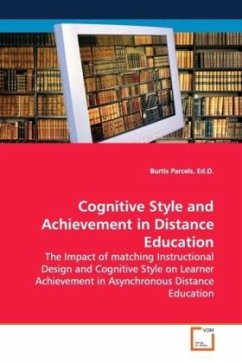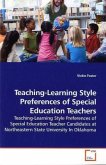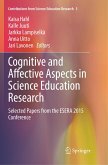Field dependent and field independent cognitive
styles are contrasting ways of perceiving and
processing information. This study investigated how
the cognitive styles of field dependence (FD) and
field independence (FI) affect the achievement levels
of distance learners.
This research examined the matching or mismatching
the design of asynchronous distance education to the
field dependent and the field independent
learner.Subjects were administered the GEFT, a
measure of field dependence-independence. Only those
in the first (Field Dependent) and fourth (Field
Independent) quartiles of the resulting distribution
participated the study. Half of each group was
randomly selected to receive asynchronous online
instruction matching their cognitive style, and half
received asynchronous online instruction mismatching
their cognitive style.
Matching the FD cognitive style, in asynchronous
distance education had a positive impact on
achievement for both Field Dependent and Field
Independent learners as measured from pre to post test.
styles are contrasting ways of perceiving and
processing information. This study investigated how
the cognitive styles of field dependence (FD) and
field independence (FI) affect the achievement levels
of distance learners.
This research examined the matching or mismatching
the design of asynchronous distance education to the
field dependent and the field independent
learner.Subjects were administered the GEFT, a
measure of field dependence-independence. Only those
in the first (Field Dependent) and fourth (Field
Independent) quartiles of the resulting distribution
participated the study. Half of each group was
randomly selected to receive asynchronous online
instruction matching their cognitive style, and half
received asynchronous online instruction mismatching
their cognitive style.
Matching the FD cognitive style, in asynchronous
distance education had a positive impact on
achievement for both Field Dependent and Field
Independent learners as measured from pre to post test.








